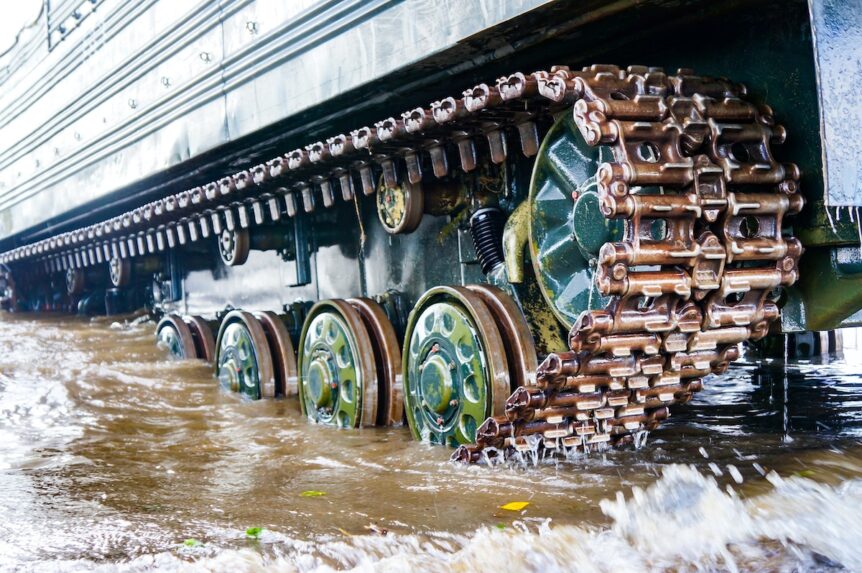Throughout history, weather has turned the tide of wars. Now, as Russia continues its global conflicts, the country’s extreme weather events may once again prove to be a serious obstacle. Could nature become Russia’s biggest enemy in its current battles?
1. Melting Permafrost Damages Siberian Infrastructure
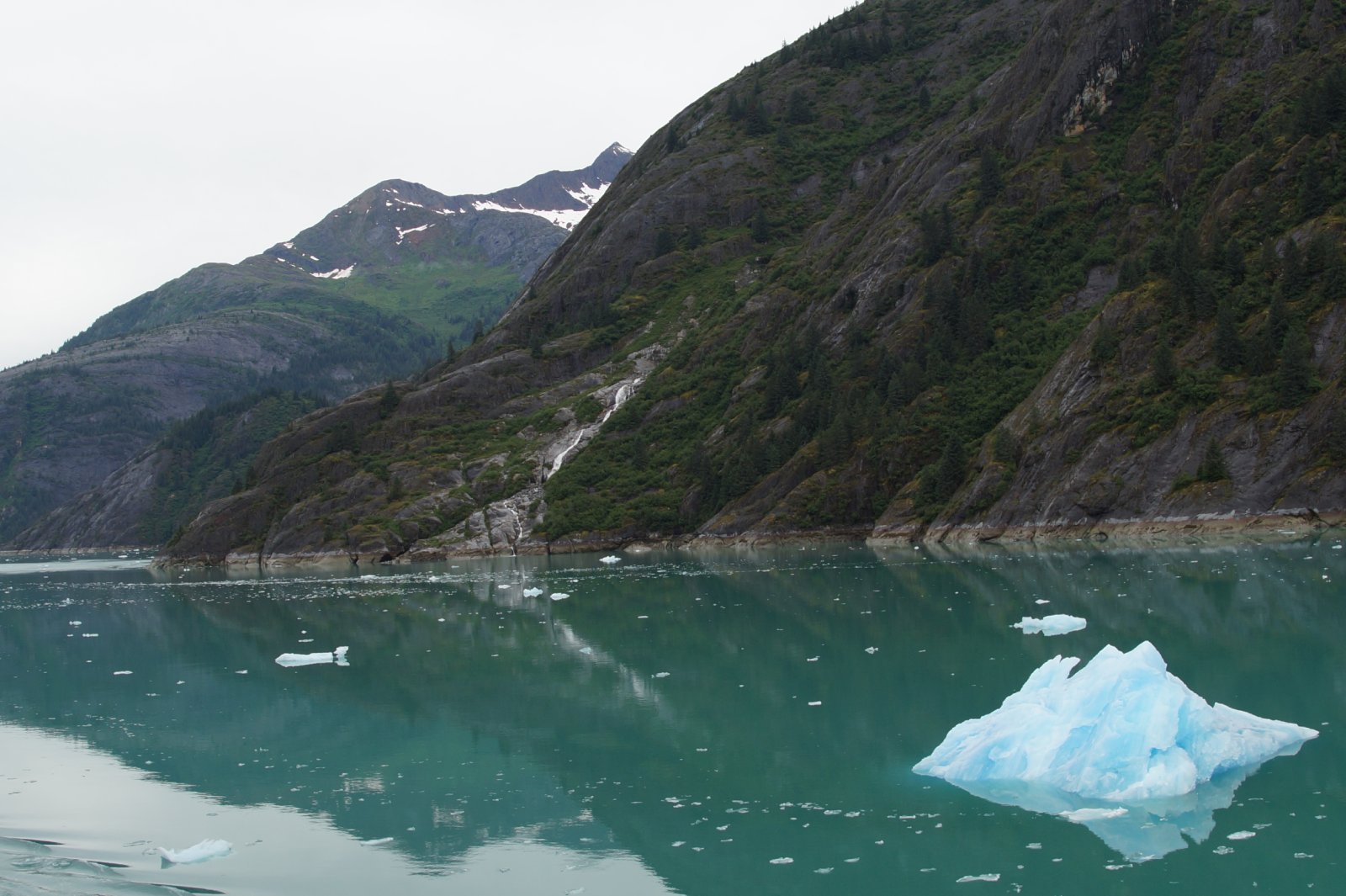
Image Credit: Shutterstock / Stavros Papavasiliou
Melting permafrost in Siberia is destabilizing roads, buildings, and oil pipelines, critical for Russia’s economy and military logistics. As structures crack and crumble, it’s getting harder for the military to move supplies and troops through this vast region. This infrastructure loss threatens Russia’s ability to maintain its war efforts both domestically and internationally.
2. Flooding in Southern Russia Disrupts Supply Lines
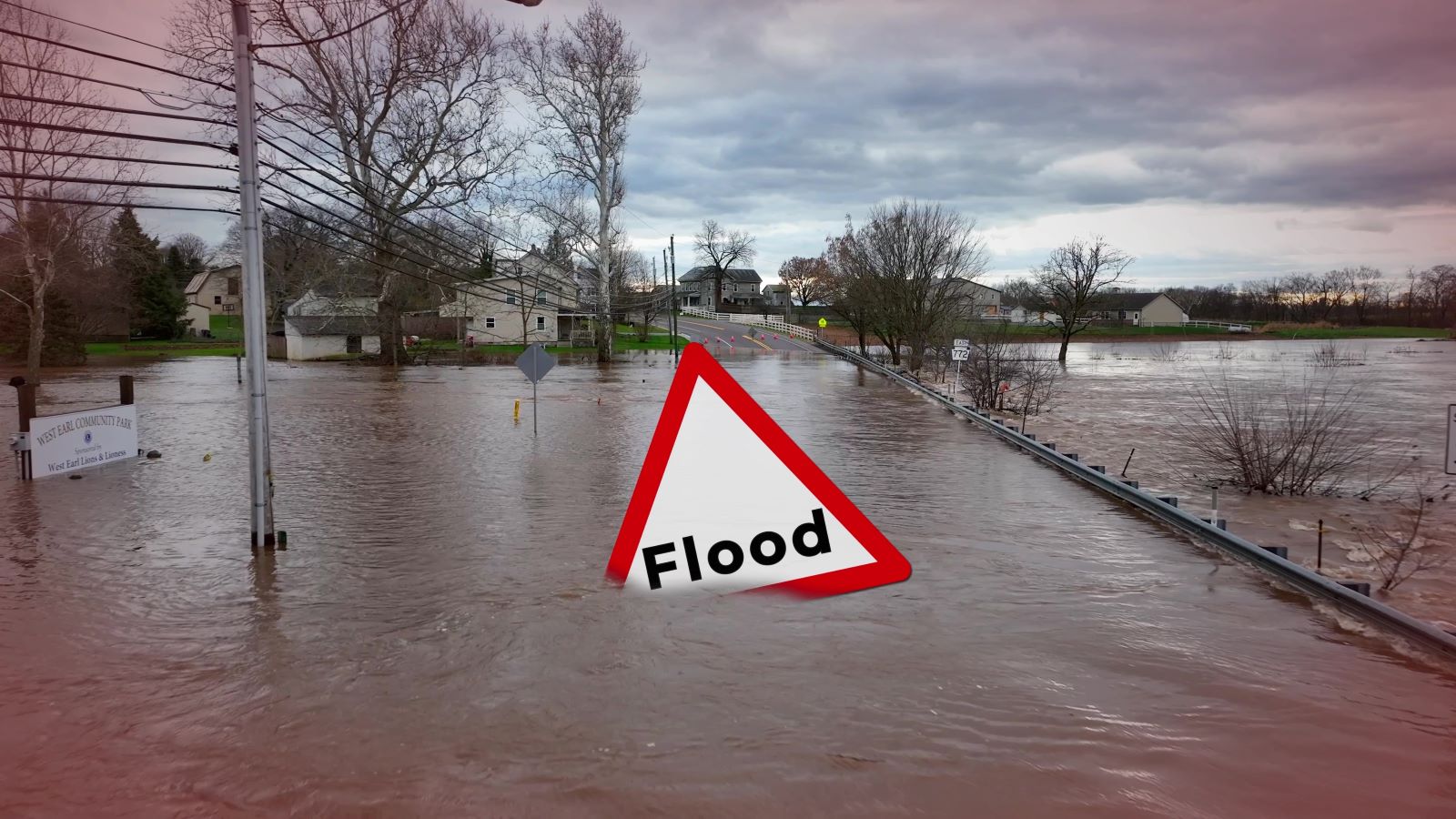
Image Credit: Shutterstock / Crovik Media
Severe floods in southern Russia are damaging roads and railways, key to moving supplies across the country. Heavy rain left major agricultural regions like Krasnodar and Stavropol struggling to transport goods. These disruptions echo historical challenges where weather slowed down military logistics, risking delays in critical operations.
3. Extreme Heatwaves Drain Resources
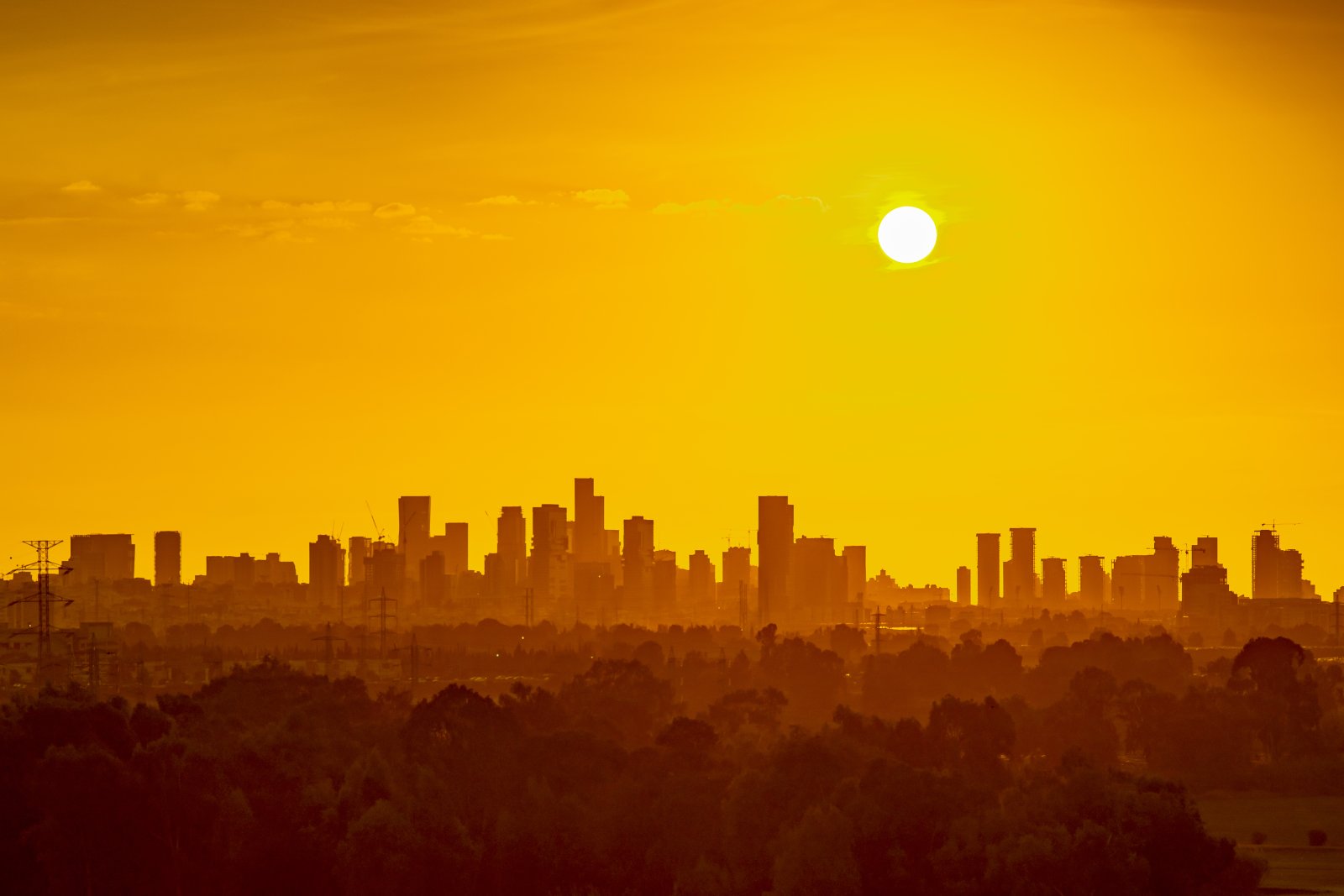
Image Credit: Shutterstock / Eli Mordechai
Russia’s ongoing heatwaves are straining resources and making it harder for soldiers to operate. Equipment fails in extreme temperatures, and troop effectiveness drops. These scorching conditions create another front for Russia’s military to fight, wearing down its forces and increasing costs.
4. Siberian Wildfires Divert Military Attention
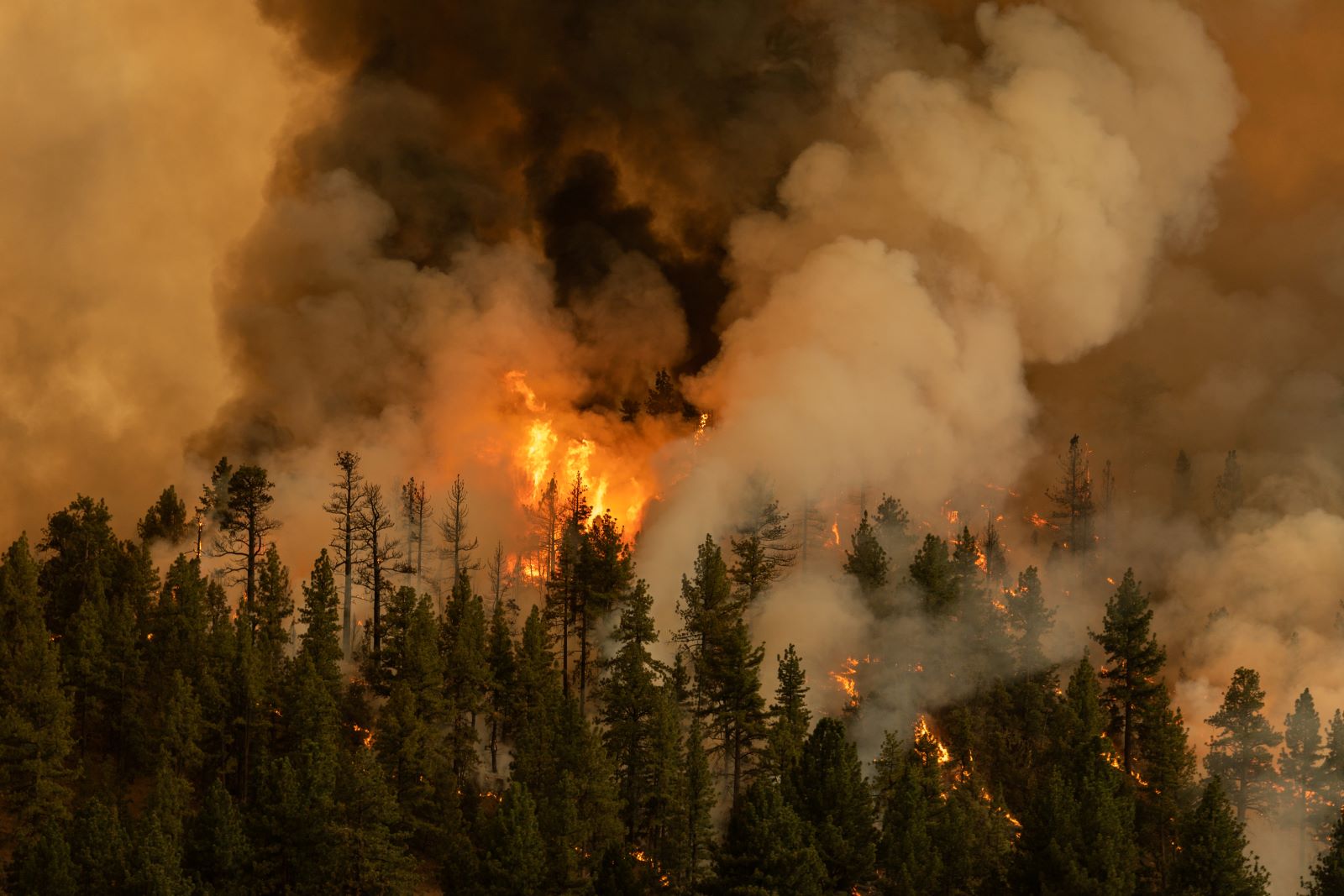
Image Credit: Shutterstock / Trevor Bexon
Massive wildfires in Siberia are consuming forests and diverting military resources to firefighting efforts. Just like in past conflicts where natural disasters demanded urgent responses, Russia’s military is being stretched thin between managing fires and conducting operations. The wildfires are also disrupting supply lines and air quality, complicating logistics further.
5. Tsunamis in the Far East Threaten Naval Bases
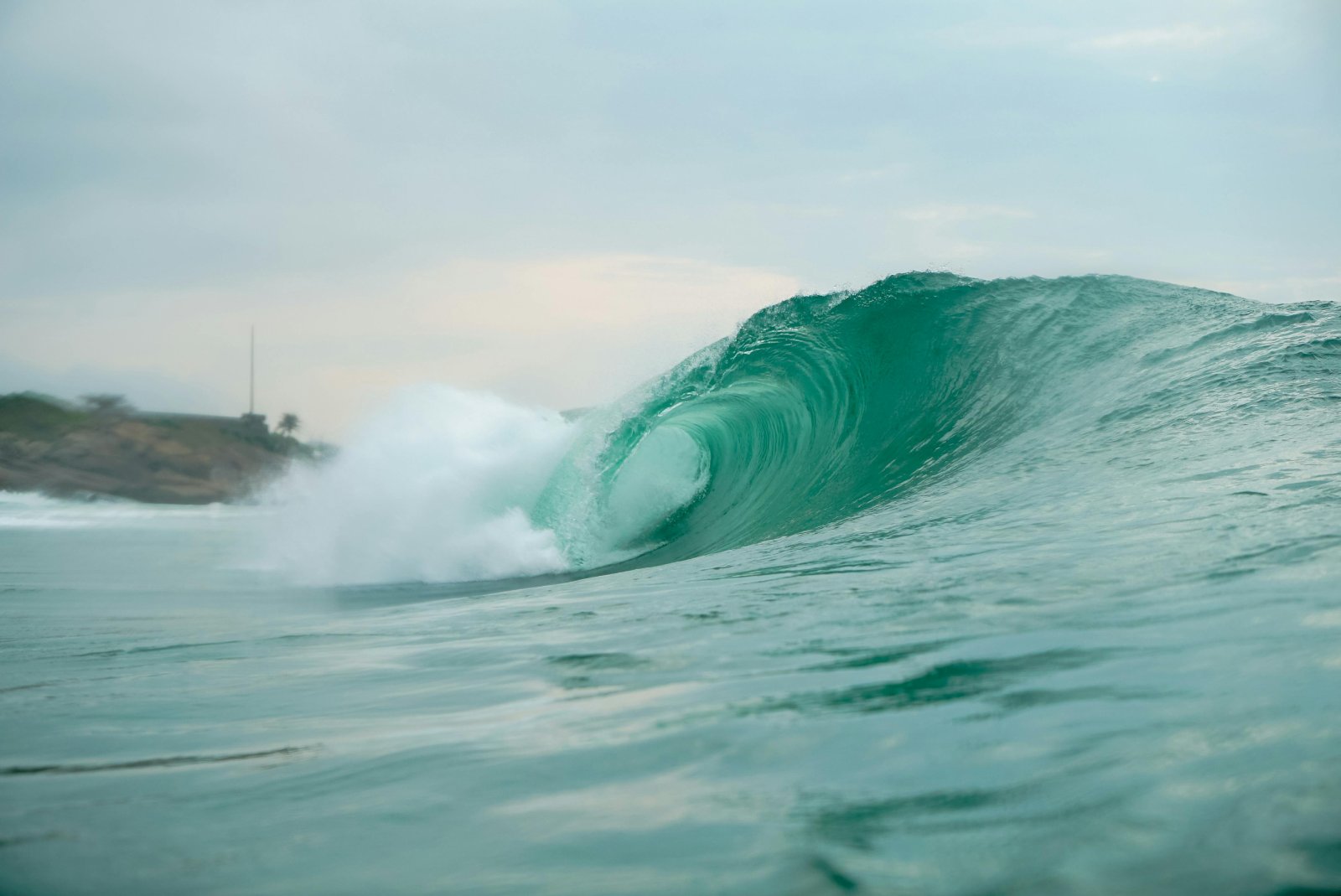
Image Credit: Pexel / Thales Ricardo Araujo
In early 2024, underwater earthquakes triggered tsunami warnings in the Russian Far East, threatening key naval bases in the Pacific. These natural disasters could damage ships and facilities critical to Russia’s military presence in the region. Just as naval operations have historically been vulnerable to nature’s unpredictability, Russia’s Pacific fleet could face setbacks from these events.
6. Flooding in the Caucasus Disrupts Troop Movements
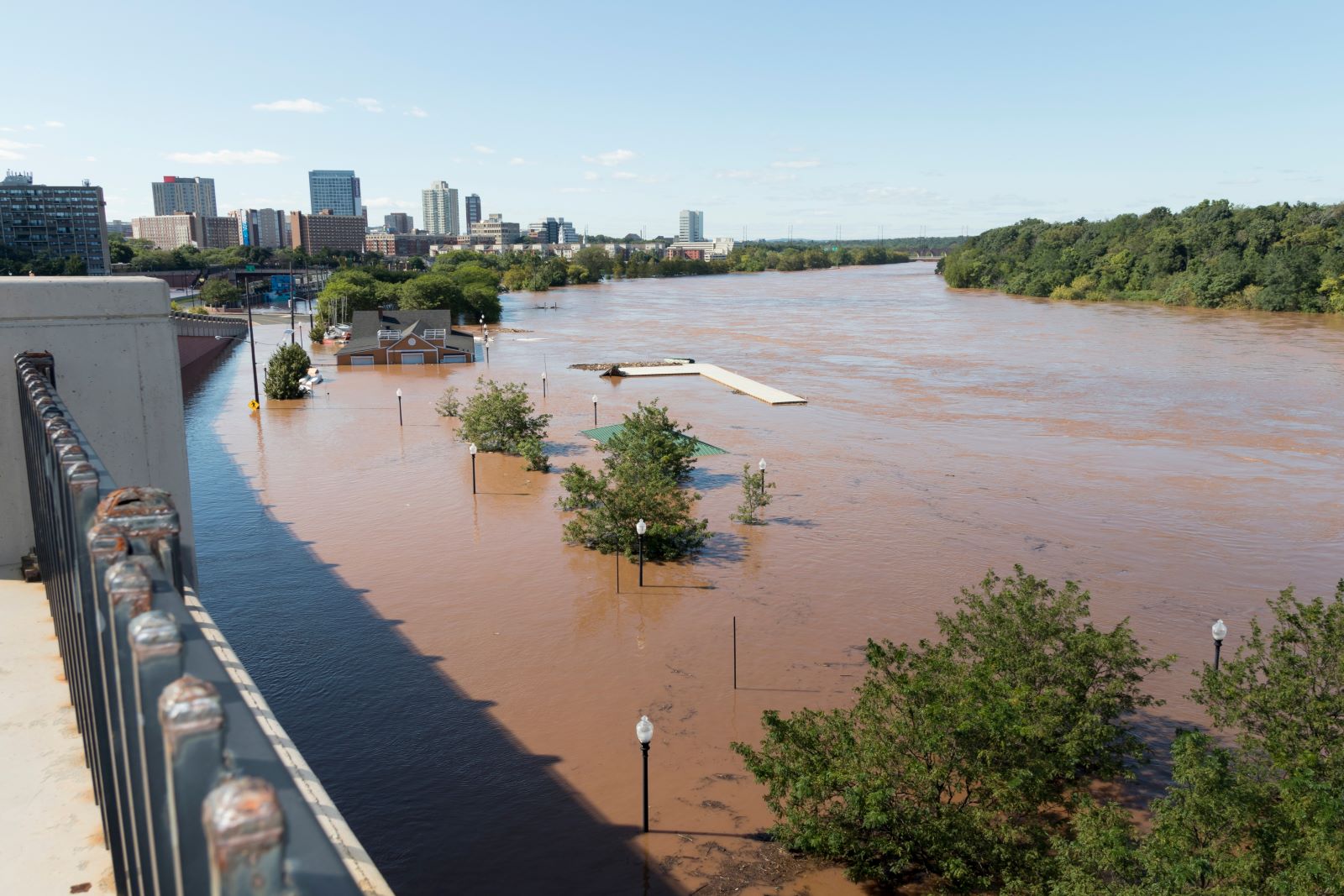
Image Credit: Shutterstock / Benjamin Clapp
The Caucasus region has been hit by increasing floods that wash out roads and cut off villages, making it harder for Russia to move troops and supplies. For a country already managing complex military campaigns, these disruptions add another layer of difficulty to its operations. This natural chaos slows down crucial military actions, similar to past weather-related delays in wartime.
7. Melting Ice in the Arctic Weakens Military Outposts
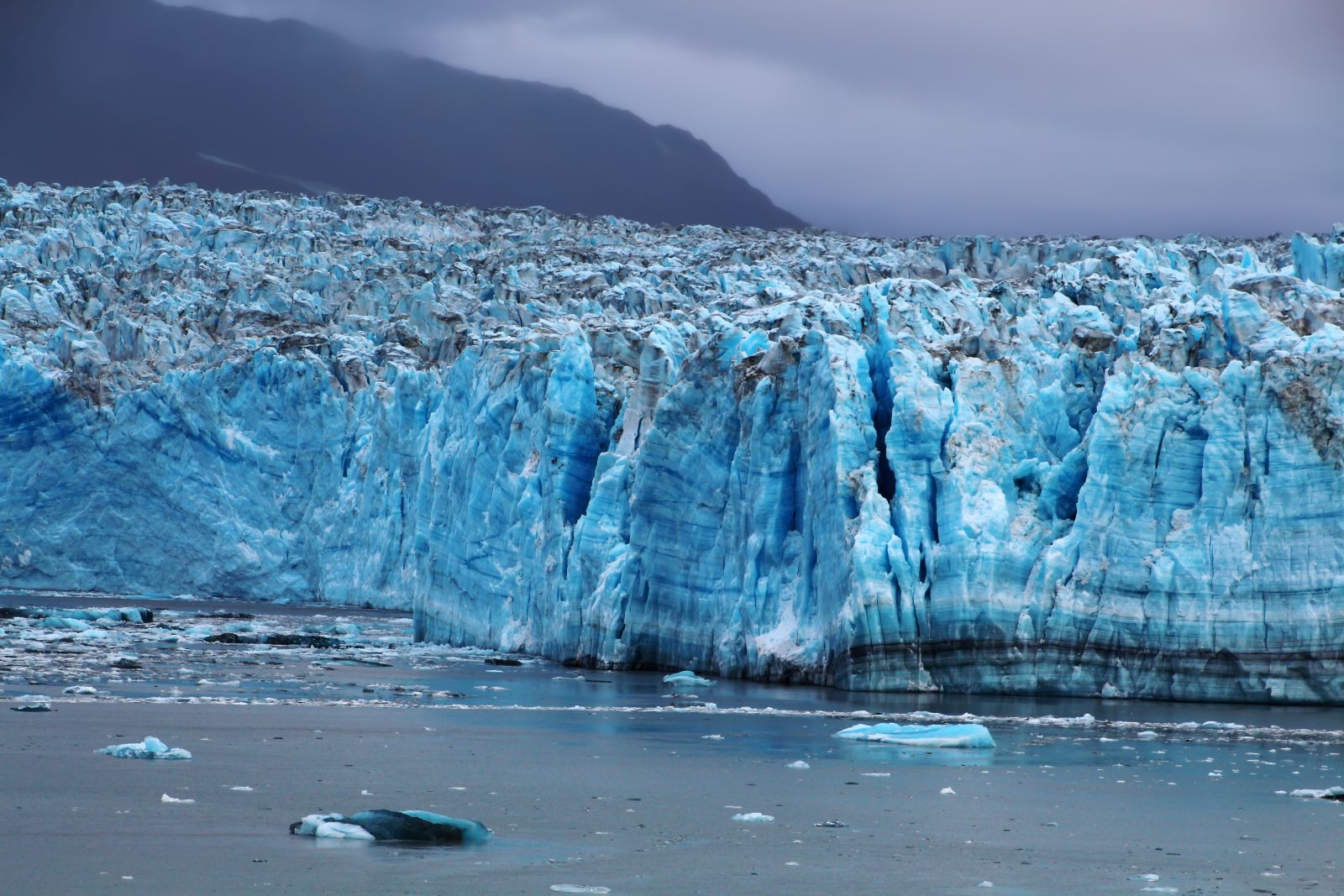
Image Credit: Shutterstock / jet 67
Russia’s military outposts in the Arctic are facing threats from melting sea ice, which is destabilizing key infrastructure. The foundations of these outposts are shifting, threatening their long-term stability and security. As Arctic ambitions clash with the realities of climate change, Russia’s northern military presence is becoming increasingly vulnerable.
8. Drought in Southern Russia Hits Food Supplies
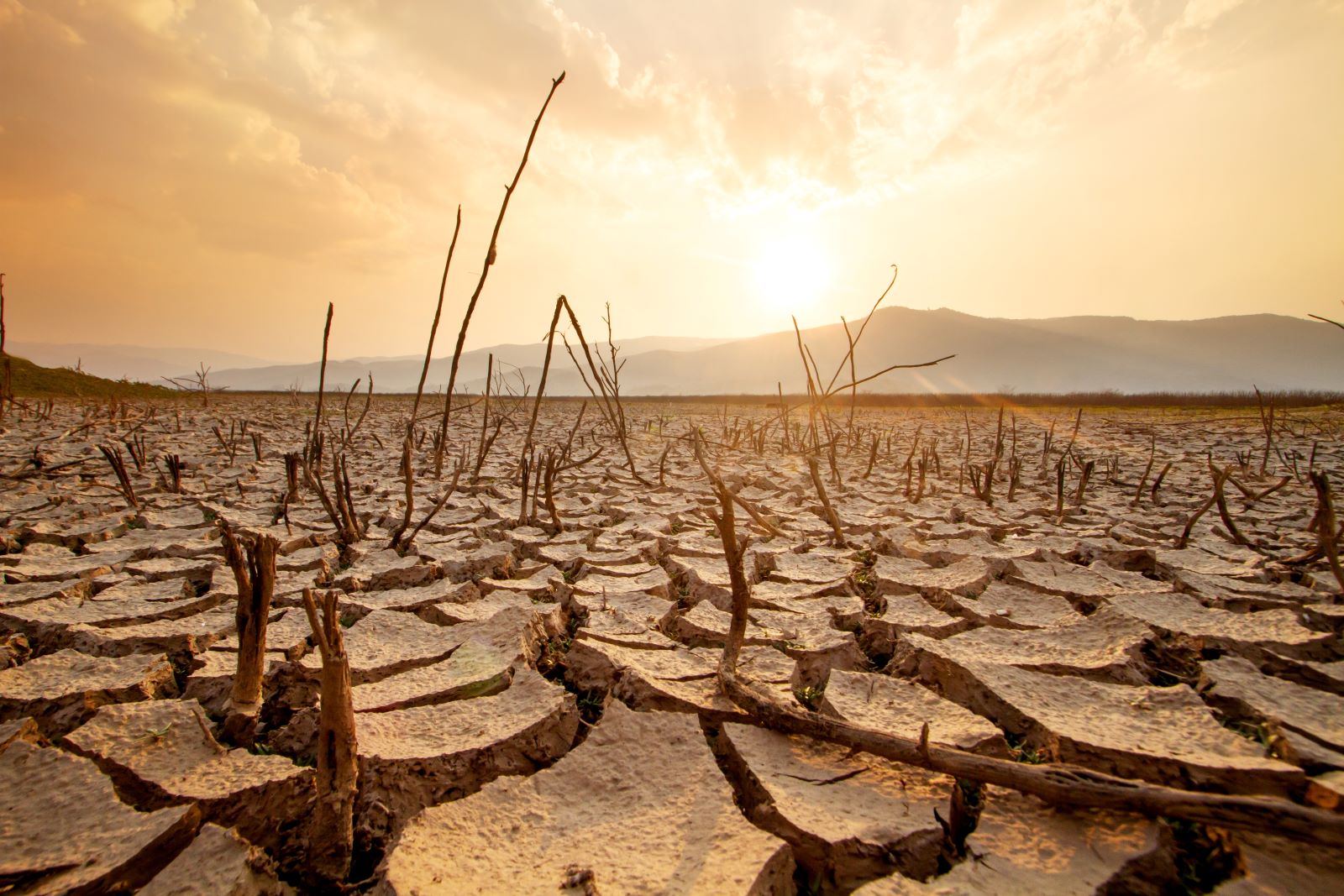
Image Credit: Shutterstock / Piyaset
Ongoing droughts in southern Russia’s agricultural heartlands are cutting crop yields and threatening food security. Like past wars where food shortages weakened armies, these droughts could undermine Russia’s ability to sustain its military efforts. With less food to support both the population and troops, Russia faces another internal challenge.
9. Flooding Along the Black Sea Coast Disrupts Naval Operations
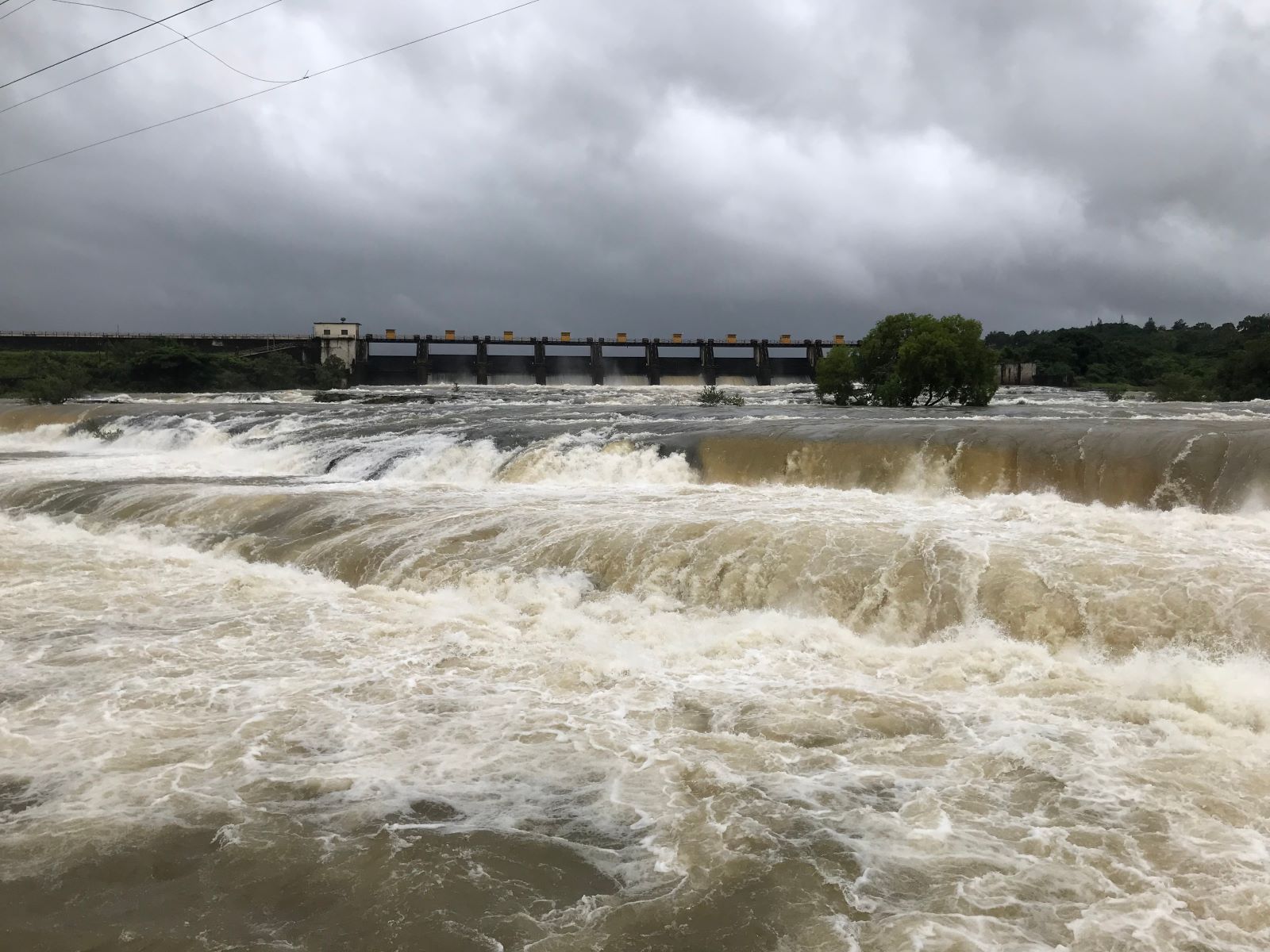
Image Credit: Shutterstock / Swapnil5
Rising sea temperatures are causing more frequent flooding along Russia’s Black Sea coast, threatening critical military infrastructure. These floods could impair naval operations in key regions like Crimea, making it harder for Russia to maintain its dominance. Coastal erosion and floods create additional risks for Russia’s naval power.
10. Storm Surges in the Arctic Threaten Energy Production
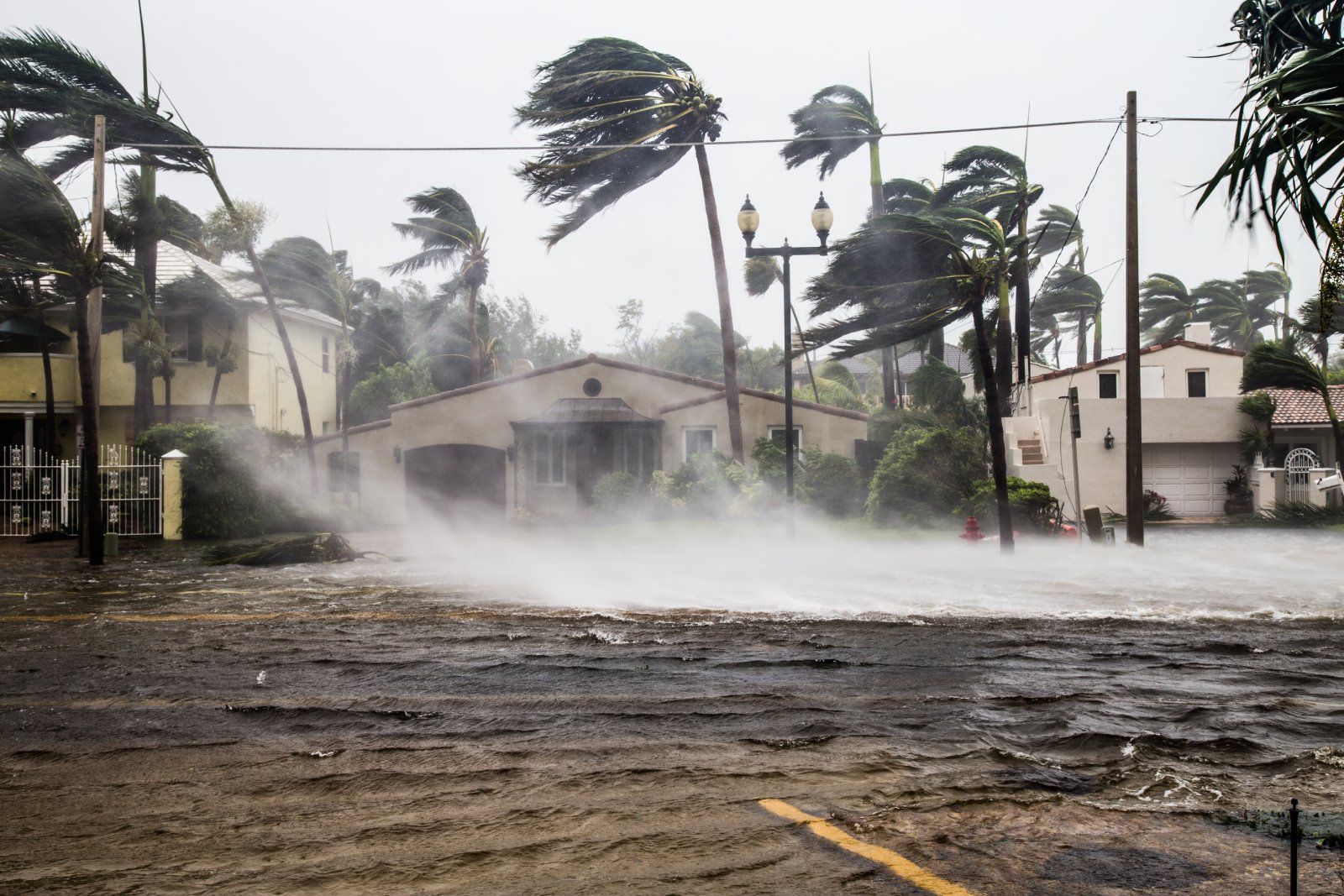
Image Credit: Shutterstock / FotoKina
Storm surges in the Arctic, driven by melting sea ice, are impacting Russia’s oil and gas extraction sites. As these sites face increasing damage, Russia’s energy revenues could take a hit, limiting its ability to fund ongoing military campaigns. The climate is putting pressure on the very resources that fuel Russia’s global ambitions.
11. Urban Heatwaves Lead to Civil Unrest
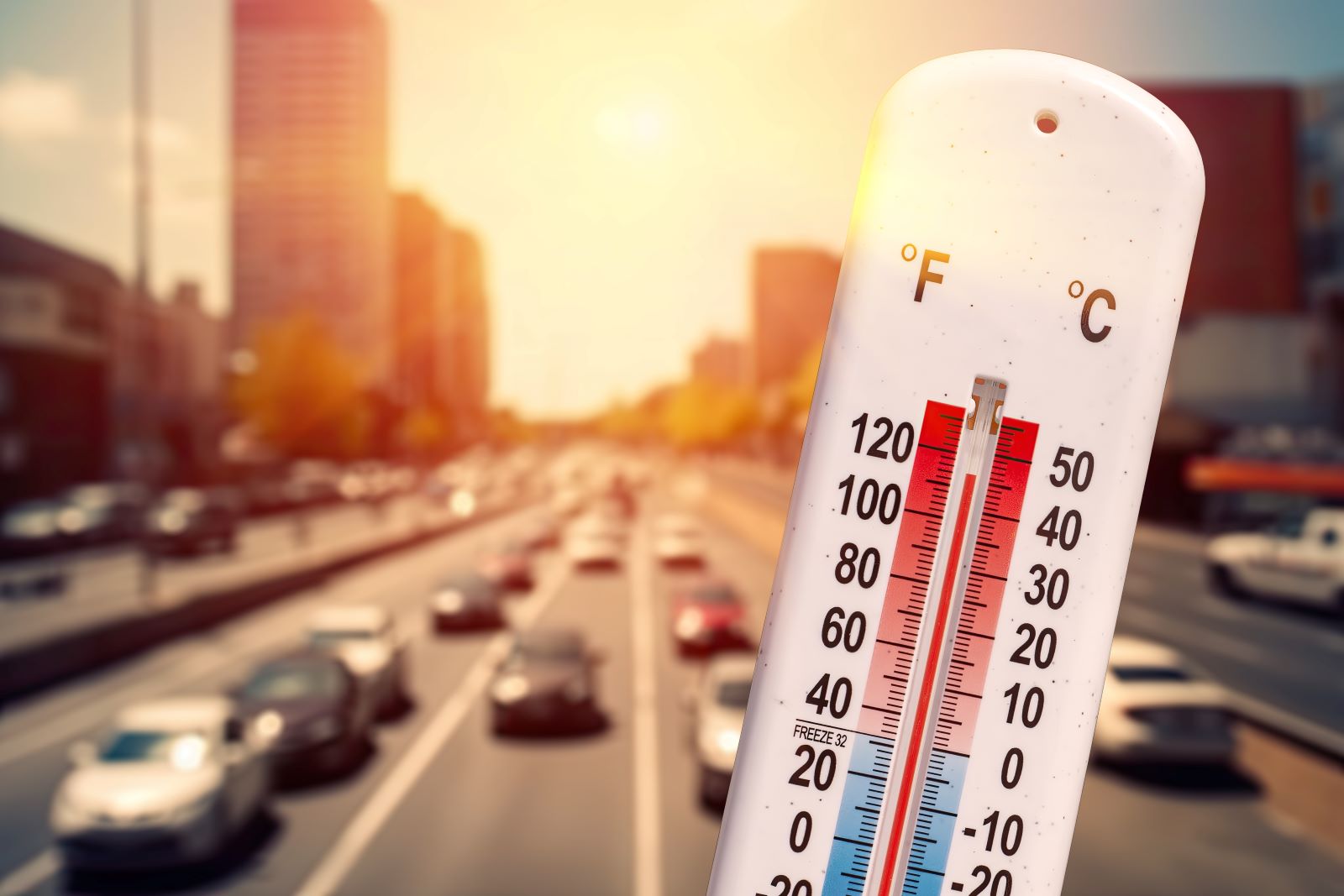
Image Credit: Shutterstock / Marc Bruxelle
Record heatwaves in the cities of Moscow and St. Petersburg are leading to power outages and water shortages, sparking civil unrest. A destabilized home front could make it harder for Russia to maintain focus on its military operations abroad. Just as internal dissent has disrupted wars in the past, rising temperatures could ignite unrest that weakens the country’s war efforts.
12. Rising Sea Levels Threaten Coastal Military Bases
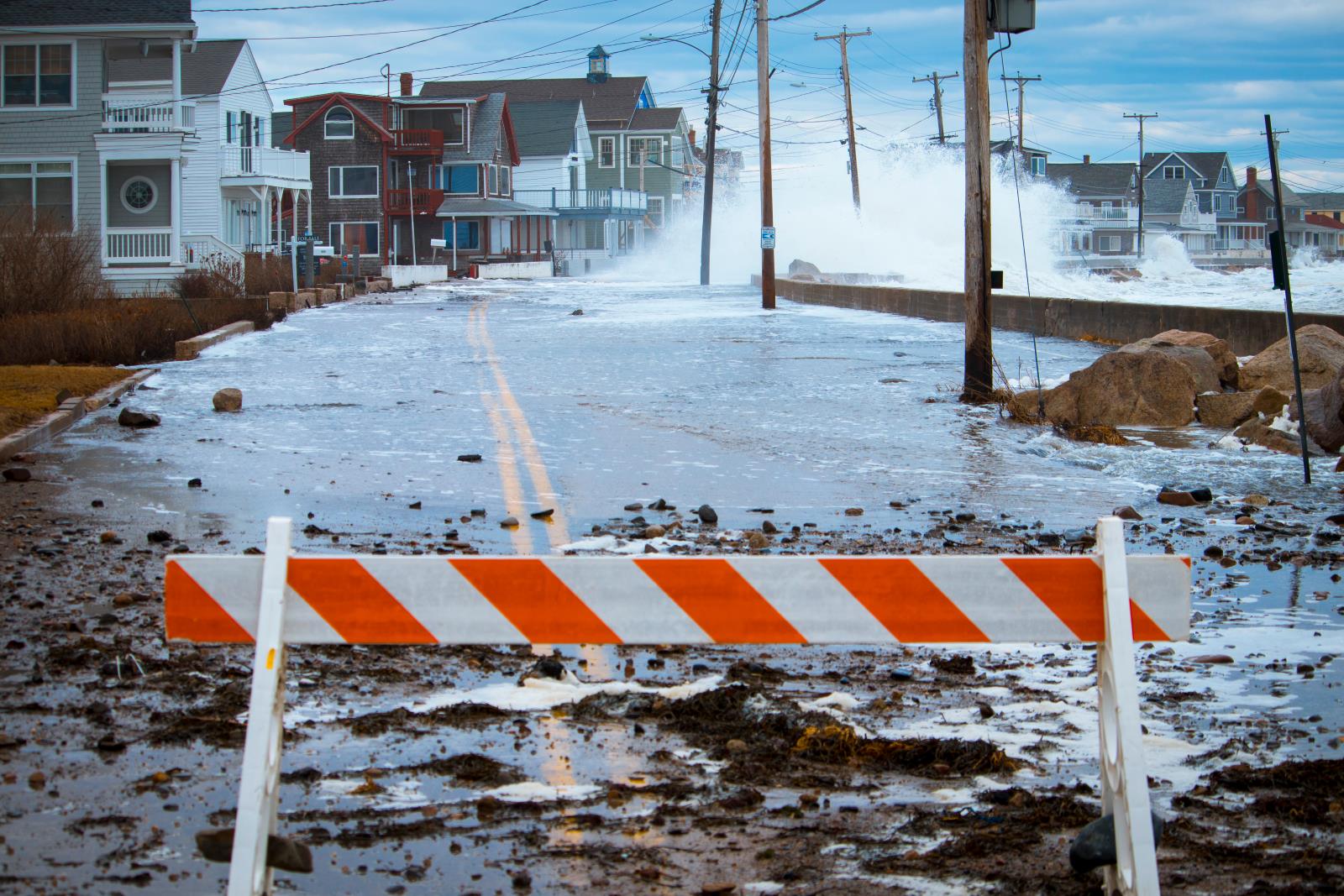
Image Credit: Shutterstock / Arthur Villator
Coastal military bases in regions like Kaliningrad are at risk from rising sea levels, which threaten critical infrastructure. As these bases face flooding and erosion, Russia’s ability to project military power in Europe could be compromised. The loss of these strategic locations would significantly impact Russia’s geopolitical positioning.
13. Landslides in the Caucasus Block Key Routes
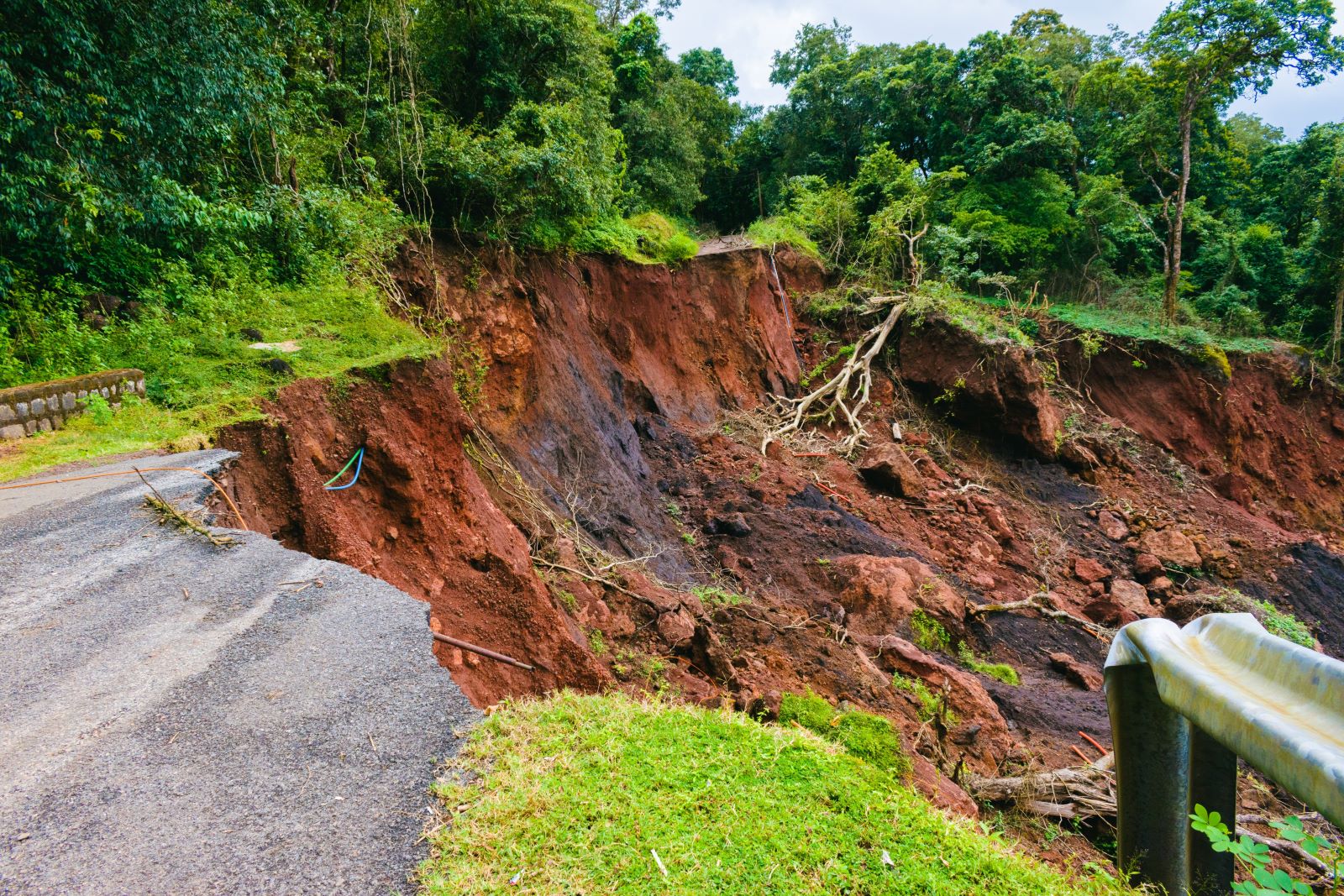
Image Credit: Shutterstock / DiversePixels
Landslides triggered by heavy rain in the Caucasus are blocking key transport routes essential for moving troops and supplies. Natural disruptions like these could slow down Russia’s military response, mirroring historical instances where terrain challenges hindered campaigns. These weather-driven obstacles add complexity to already difficult military operations.
14. Severe Weather Slows Defense Production in the Urals
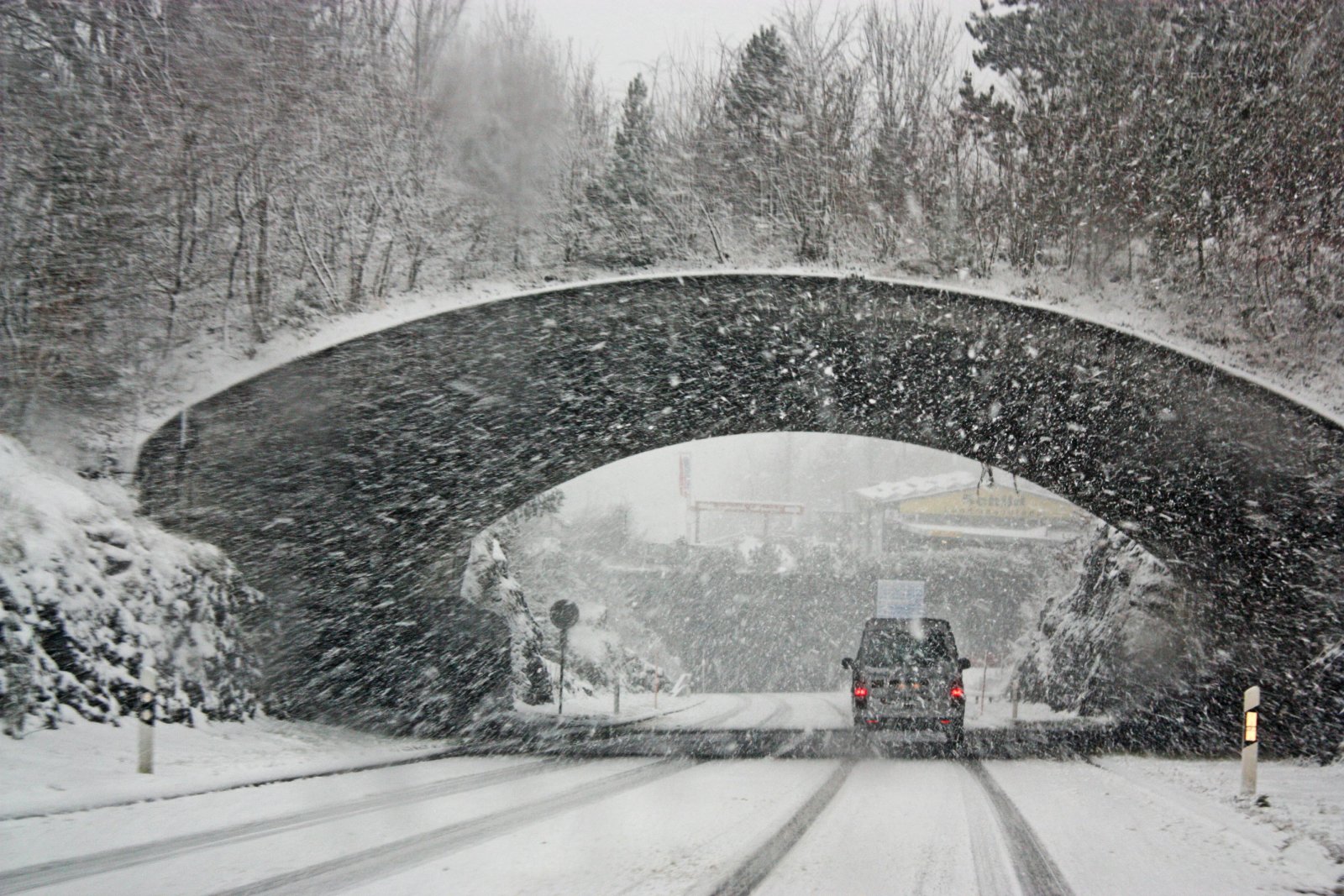
Image Credit: Shutterstock / Magda Ehlers
The Urals, a key region for Russia’s defense industry, is facing more frequent severe weather events, including snowstorms and floods. These disruptions are delaying production of military equipment and affecting supply chains. Just like in past wars, weather-related slowdowns in industry could weaken Russia’s ability to sustain its war machine.
15. Melting Permafrost in the Far North Threatens Energy Infrastructure
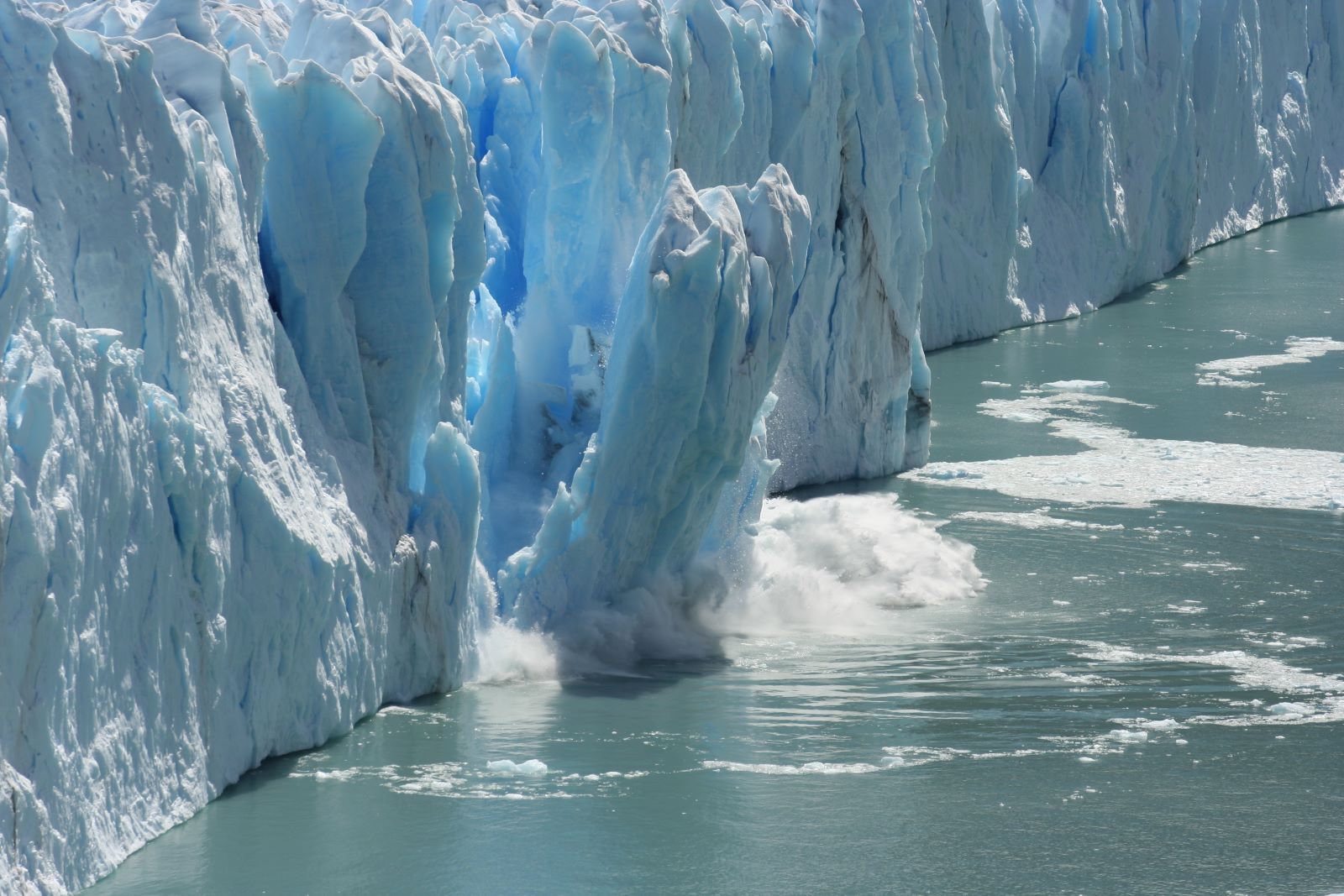
Image Credit: Shutterstock / Bernhard Staehli
In northern Russia, melting permafrost is damaging energy infrastructure crucial to the country’s economy. This instability in oil and gas production could limit Russia’s ability to finance military operations. As seen in previous conflicts, resource shortages can quickly erode a nation’s strength.
16. Winter Storms in Western Russia Disrupt Mobilization
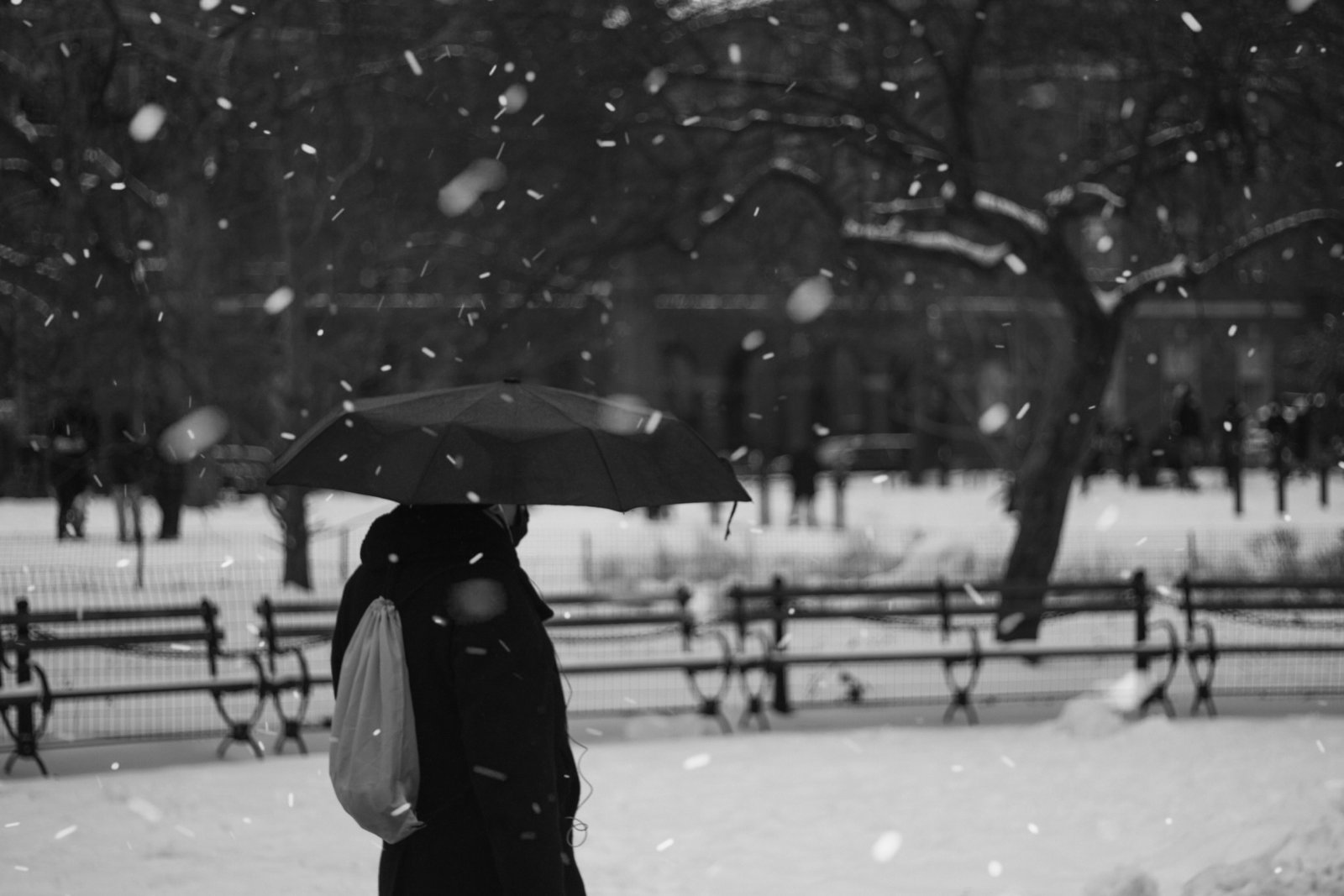
Image Credit: Pexel / Zeeshaan Shabbir
Severe winter storms in Western Russia, particularly in Moscow and St. Petersburg, are making it difficult to mobilize troops and resources. Snow and ice are causing delays that could weaken Russia’s military readiness, similar to how brutal winters have impacted campaigns throughout history.
17. Coastal Erosion in the Black Sea Weakens Strategic Ports
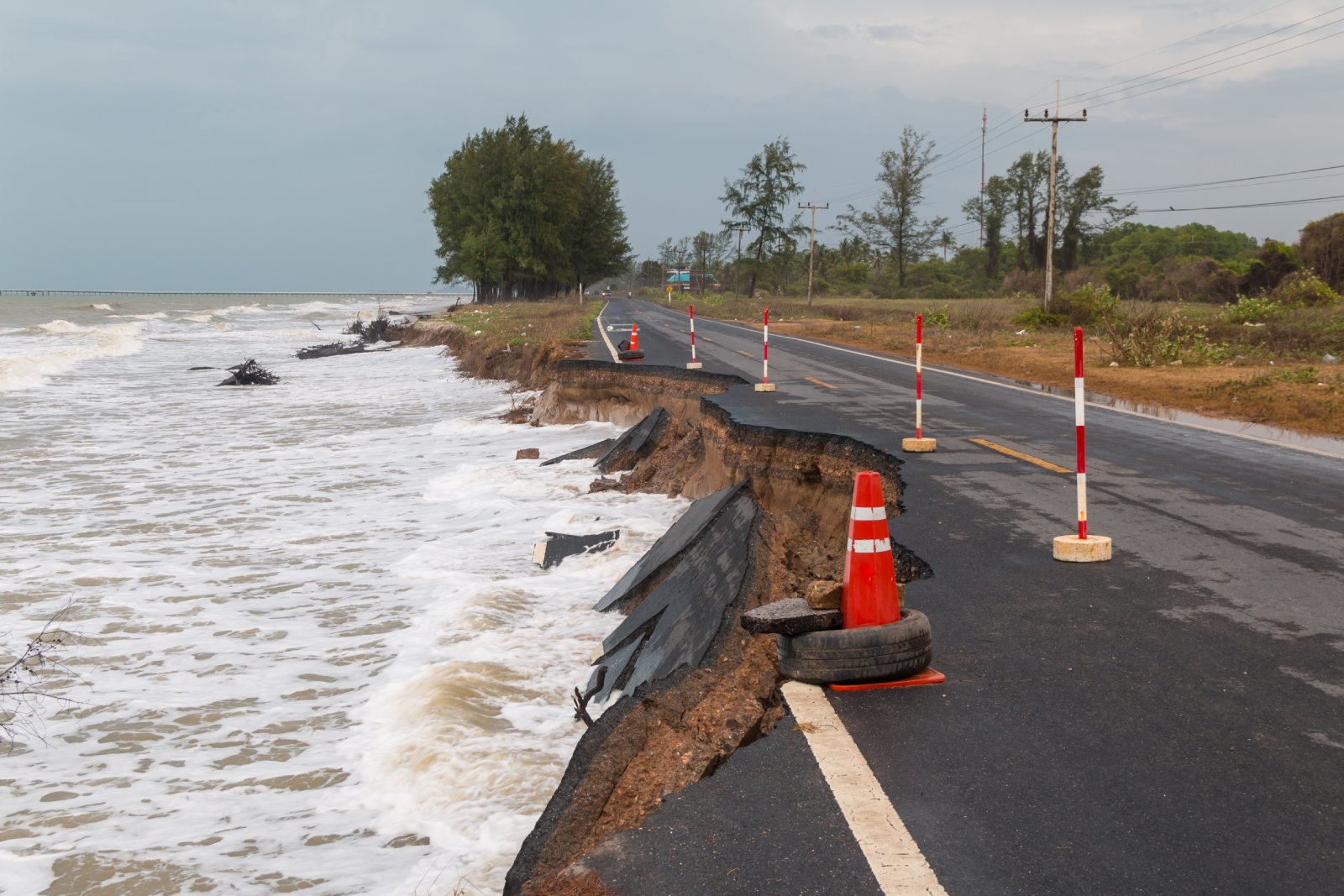
Image Credit: Shutterstock / Attapol Yiemsiriwut
Coastal erosion along the Black Sea is threatening key ports in Crimea and Sochi, critical to Russia’s naval operations. If these ports become unusable due to natural disasters, Russia’s ability to maintain a naval presence in the region could be severely weakened. Losing control of these strategic locations would be a major blow to Russia’s military efforts.
18. Wildfires in Central Russia Strain Military Resources
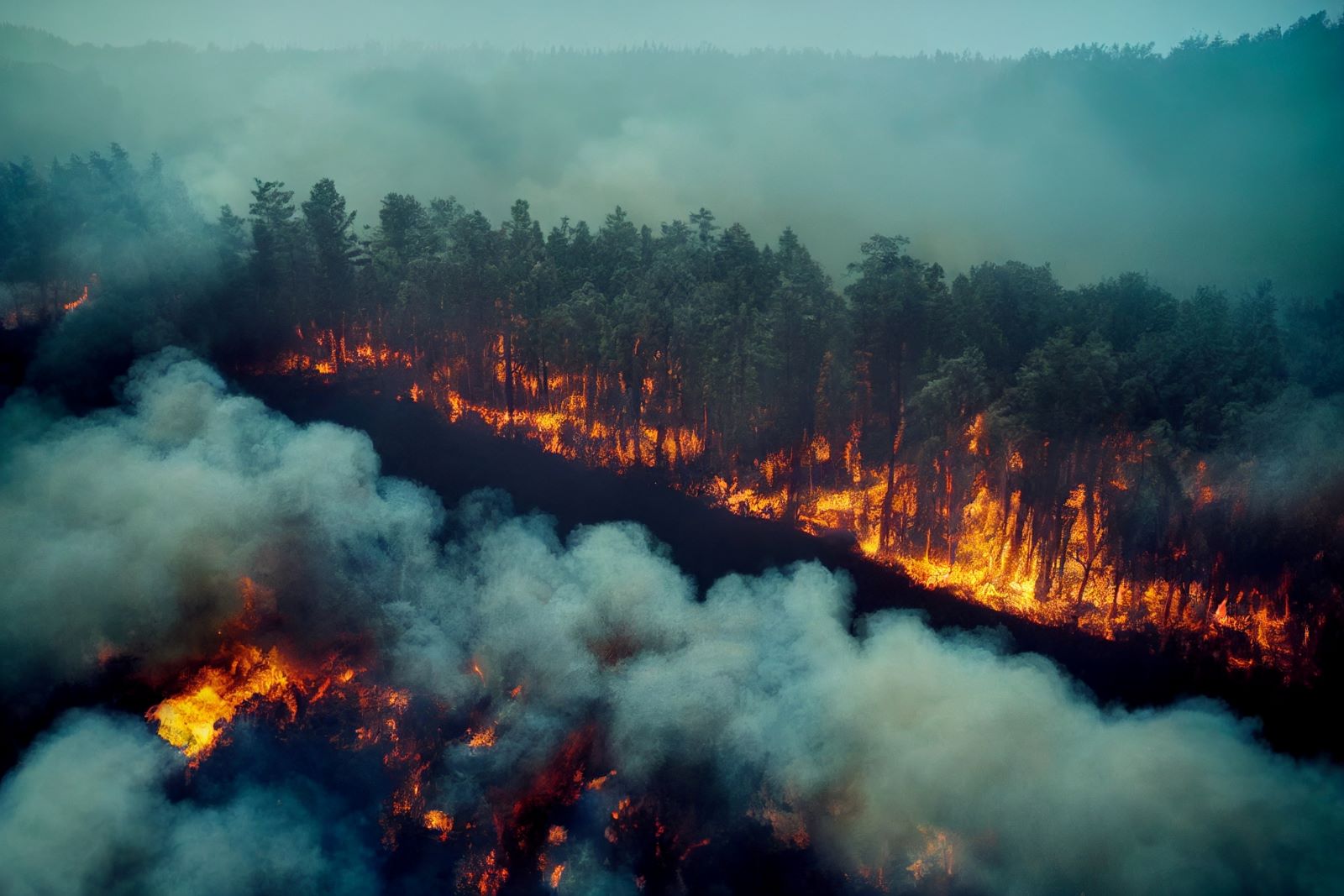
Image Credit: Shutterstock / M. Federico
Wildfires in central Russia are forcing the military to divert resources to firefighting efforts, weakening its capacity for other operations. Just like in the past, when natural disasters drained military resources, today’s fires are stretching Russia’s forces thin. The combination of domestic disasters and international conflicts puts immense pressure on the country’s ability to manage both.
19. Flooding Along the Volga River Halts Transportation
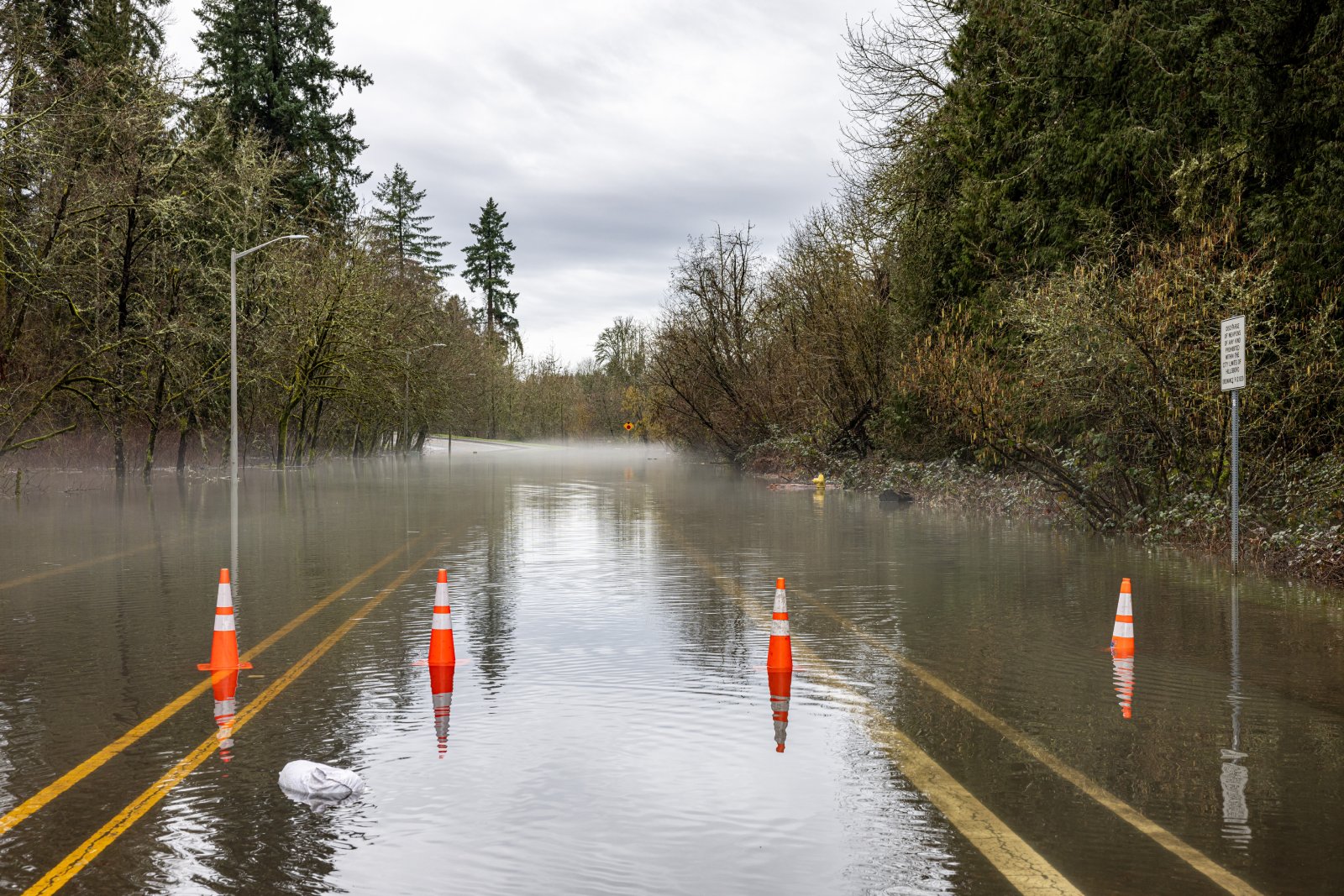
Image Credit: Shutterstock / Bandersnatch
Flooding along the Volga River is disrupting transportation routes vital for moving supplies across central Russia. This natural barrier could slow down troop movements and disrupt logistics, similar to how control of major rivers has historically determined the outcome of military campaigns.
Is Russia Prepared for This Double Threat?
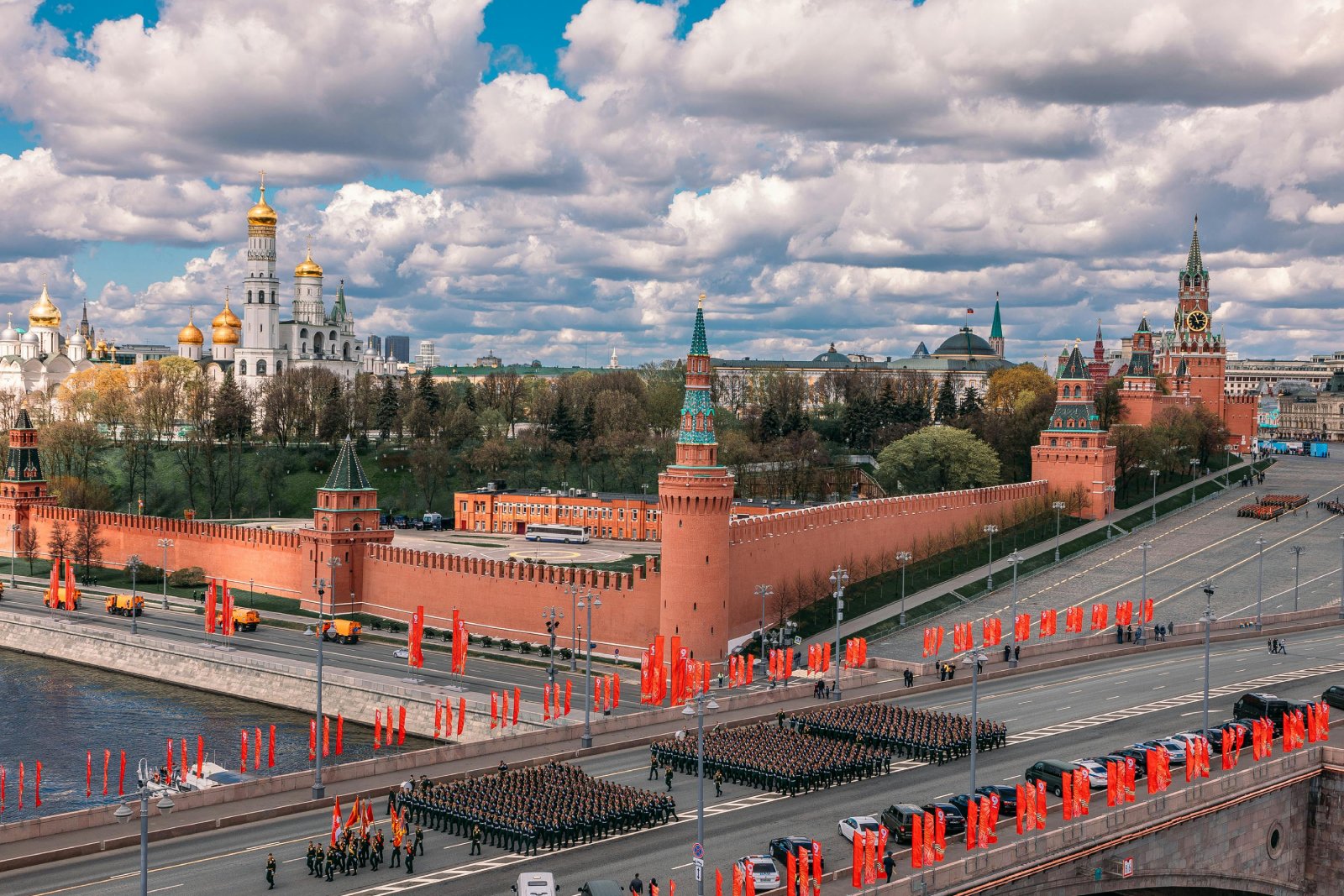
Image Credit: Pexel / Дмитрий Трепольский
As Russia faces both international conflicts and an increasingly hostile climate, can it manage these dual challenges? History has shown that nature often has the final say in wars, and today’s extreme weather could prove to be the enemy Russia isn’t prepared to fight. Is the Kremlin ready for what’s coming, or will the forces of nature disrupt their military ambitions once again?
DeSantis in More Hot Water as Florida Floods, Again
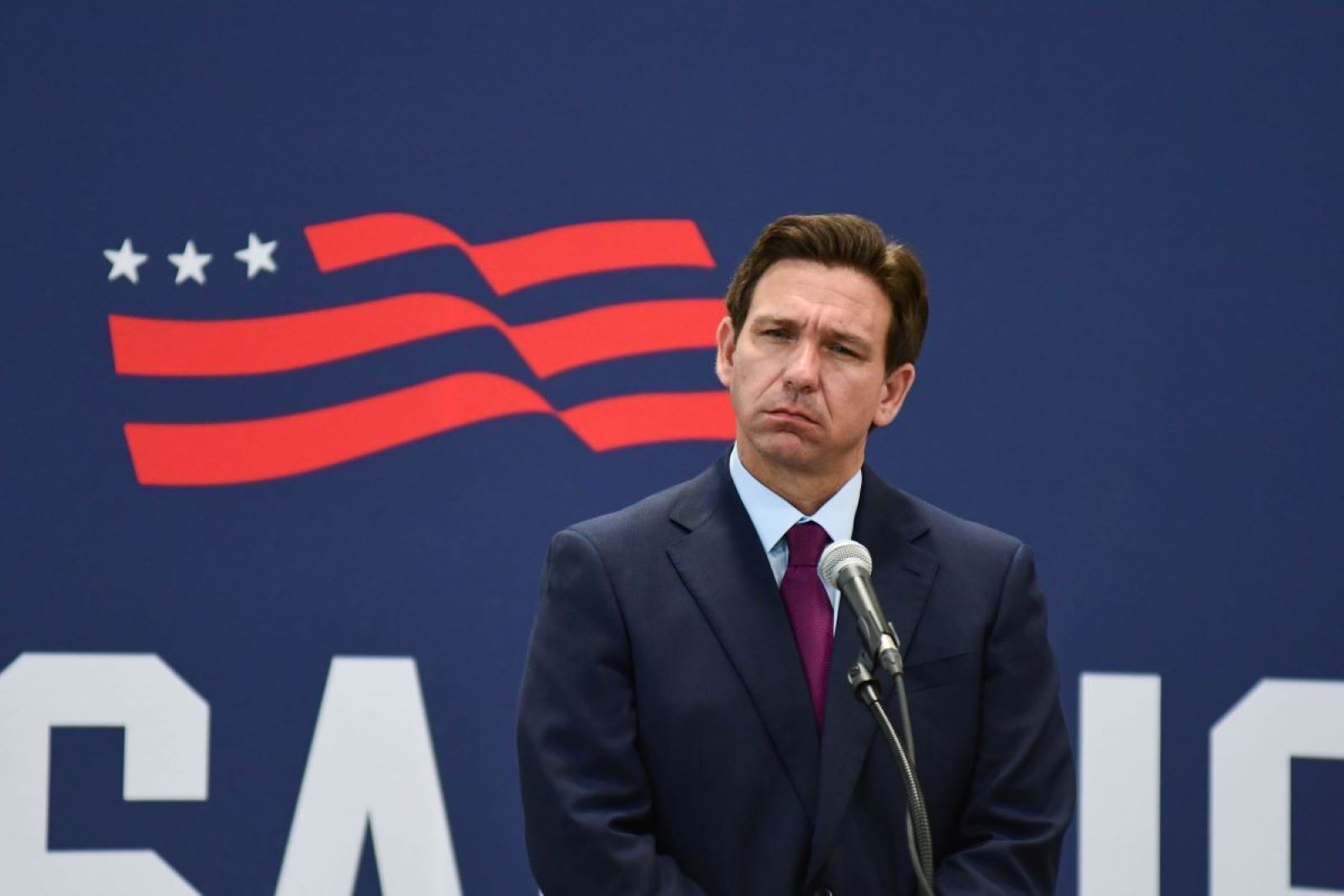
Image Credit: Shutterstock / Andrew Cline
Florida residents are struggling this hurricane season, and many are pointing the finger at a certain Governor. DeSantis in More Hot Water as Florida Floods, Again
J.C. Penney’s Closures Signal the End of an Era in Retail

Image Credit: Shutterstock / Jonathan Weiss
Popular department store, J.C. Penney, has announced the closure of multiple stores across the country. This announcement reflects changes in the retail industry as online shopping becomes more popular. But how will these changes affect consumers and the future of in-store shopping? J.C. Penney’s Closures Signal the End of an Era in Retail
Michigan’s Governor Whitmer Lays Down the Law for HOAs

Image Credit: Shutterstock / Gints Ivuskans
Gretchen Whitmer has just taken on HOAs across Michigan. Who won? Michigan’s Governor Whitmer Lays Down the Law for HOAs
Featured Image Credit: Shutterstock / love4aya.
The images used are for illustrative purposes only and may not represent the actual people or places mentioned in the article.
For transparency, this content was partly developed with AI assistance and carefully curated by an experienced editor to be informative and ensure accuracy.

